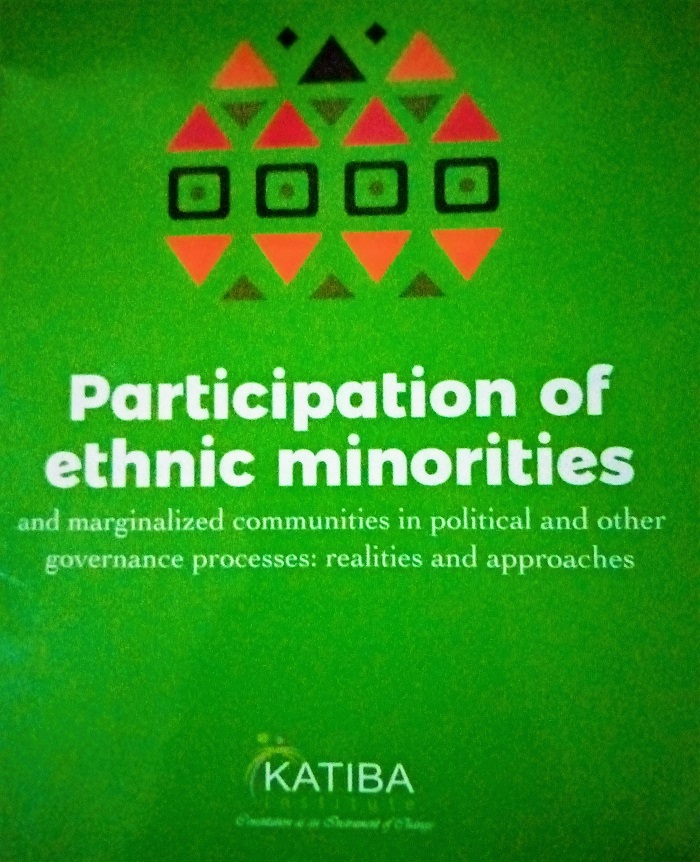Katiba Institute released a new report titled: Participation of ethnic minorities and marginalized communities in political and other governance processes.
The report looks into many issues such as causes of marginalization, maps out the marginalized people in Kenya, claims made by minority groups and important organizations which have been supporting minority groups in Kenya.
The study was conducted in Nairobi, Garissa, Migori, Isiolo, Nakuru, Makueni, Laikipia, Turkana, Busia, Elgeyo Marakwet, Bungoma, Baringo, Lamu, Narok, Kwale and Tana River.
Highlights
- Causes of marginalization including having a small population, their area being remote and using a different language;
- It is the responsibility of the state to ensure that culture is not used as an excuse to deny people their right to access education;
- All people have the right to education that is not just accessible and available but also adaptable taking into account cultural issues;
- A county government must not employ more than 70% of its human resources from the dominant ethnic community in that county;
- Recruitment to the police, armed forces and other security agencies must reflect diversity of the Kenyan people in equitable proportions (Article 238(2)(d));
- The state has a duty to protect the diversity of language of the people of Kenya in addition to that the state should promote the use and development of indigenous languages;
- The Equalization Fund should benefit the minorities and indigenous communities in Kenya;In 2017, the Indians and the Makonde people were recognized as communities in Kenya;
- The Luyha community is made up of 18 sub-communities such as Kabras, Samia, Banyore, Bakhayo, Banyala, Bukusu, Batsotso, Isukha, Idakho, Marachi, Kisa, Marama, Maragoli, Tachoni, Wanga, Tiriki and Tura;
- The Kenyan Somali Community is made up of the following sub-communities: Ogaden, Degodia, Gurreh, Hawiyah and Murille.
- According to the report, “one of the other communities known to be marginalized in Kenya is the Maasai Community, losing a lot of their ancestral land to other communities and the government, Nairobi area included.”
- The Nubian Community in Nairobi County has had a problem in obtaining national Identity cards as well as land for the community;
Study Findings
- The Endorois community “have almost no chance of getting elective post;
- The Ogiek in Nakuru County are split in three wards however, ” because the Tugen and Kipsigis exceed their number, the Ogiek have never gotten one of their own elected;
- The Nubians in Nairobi reported that they are not represented in the Nairobi City County;
- The Ogiek reported that they only have two nominated Members of County Assembly in Nakuru County; Basically the Ogiek Community do not have an elected MCA;
You can read the full report on Kabita Institute website.


